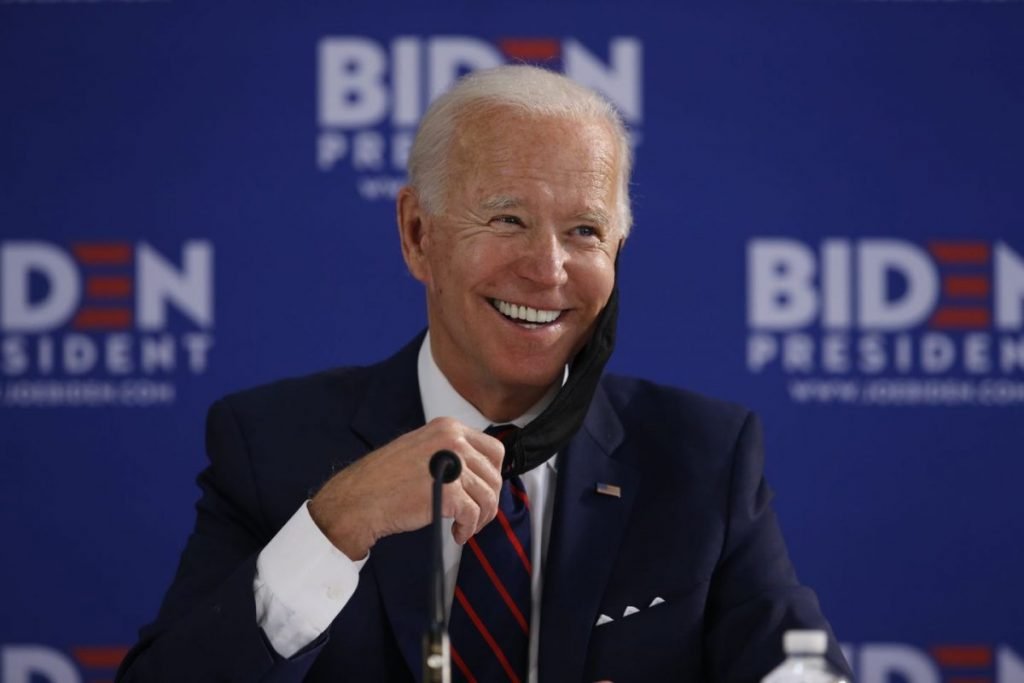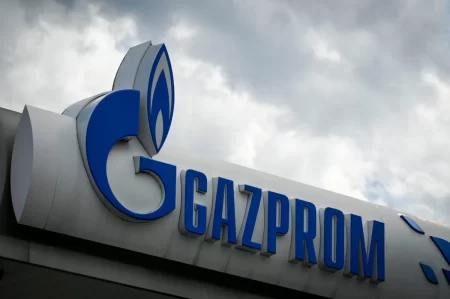 *Justifies electricity tariff increase
*Justifies electricity tariff increase
Oscarline Onwuemenyi
17 February 2012, Sweetcrude, ABUJA – The Federal government has sought for measures to overcome short term gas supply challenges and other gas obligations to power plants across the country, in order to bolster power supply and achieve government’s goal of reliable power for the country.
Gas supply to both government-owned and independent power plants has been a constant headache in efforts to achieve stable electricity, as gas producers and suppliers have worried over huge debts owed by the Power Holder Company of Nigeria, PHCN, among other challenges.
The two ministries directly involved in the process, Ministry of Power and the Ministry of Petroleum Resources, to that extent, on Friday met with various stakeholders including the international oil companies and gas producers, and independent power producers, in Abuja, to find solutions to the problems of inadequate gas supply for power.
Speaking to journalists at the end of the session, both Ministers of Power and Petroleum Resources expressed confidence that the meeting would be able to fashion out immediate solutions for the short term supply of gas to power plants.
According to the Minister of Power, Prof. Bart Nnaji, “The Federal government has been doing a lot to ensure that we rapidly accelerate the power situation in the country. The President launched the power roadmap in 2010, and as part of that we are aligning the entire value chain of power production and delivery.
“A critical element in that is gas supply, and the Minister of Petroleum Resources and myself, and our ministries, have been working closely together to ensure that we bridge whatever gaps exist in gas supply to power and to ensure that we get power delivered to the consumers.
Nnaji explained that meeting was because they had identified some critical gaps in the process, adding that they were going to work together with the international oil and gas companies, and other gas producers to ensure that this is done.
Nnaji stressed that there was need to have a cost-reflective tariff for the electricity sector, if power producers would be able to continually meet their obligations to the gas suppliers.
“What has to happen is we need all need to appreciate that whatever the consumer pays is what drives payment all the way to gas. So, the cost-reflective tariff once in place ensures that payment by consumers will ensure that the power producer will pay for the gas that they take to power their plants.
“So far, we’ve not been able to do it and we expect that what we have been able to put in place should be able to pay for gas, and this in turn will encourage investors to invest in gas production and supply to the plants,” he added.
In her own remarks, the Minister of Petroleum Resources stressed the need for co-operation and coordination between the two ministries in the effort to provide reliable power to Nigerians.
She noted that, “We implemented the new gas regime, which was actually pulling forward from the gas masterplan in the Petroleum Industry Bill, PIB, to ensure that reforms in terms of gas structure or restructuring takes place even long before the PIB came into being, and those were approved by Mr. President and we are moved along.
“The reason we are here today is because we wanted to ensured that we aligned the Federal government’s vision and direction with all stakeholders in the production and supply of gas. Both our ministries have been working very closely on the issue of sustainable gas supply to the power plants. We have had issues with the short term supply as a result of a number of slippages in terms of gas plants and the like. These were apparently beyond the control of even the IOCs.”
The Minister explained that the issue was “no longer a matter of the slippages, although those are the current reality, but we must be able to find creative solutions to ensure that we actual meet our gas-to-power parameters, so we can ensure that power supply to the nation continues to progress as has been designed.
“We are looking forward to meeting the challenge is meeting with the gas supply needs in the short term, the medium and long terms are already assured,” she added.
Alison-Madueke further noted that the Federal government has already come up with the gas piping regime, noting that it would require the Ministry of Power to implement it through ensuring a viable tariff structure that reflects the costs in the market.



